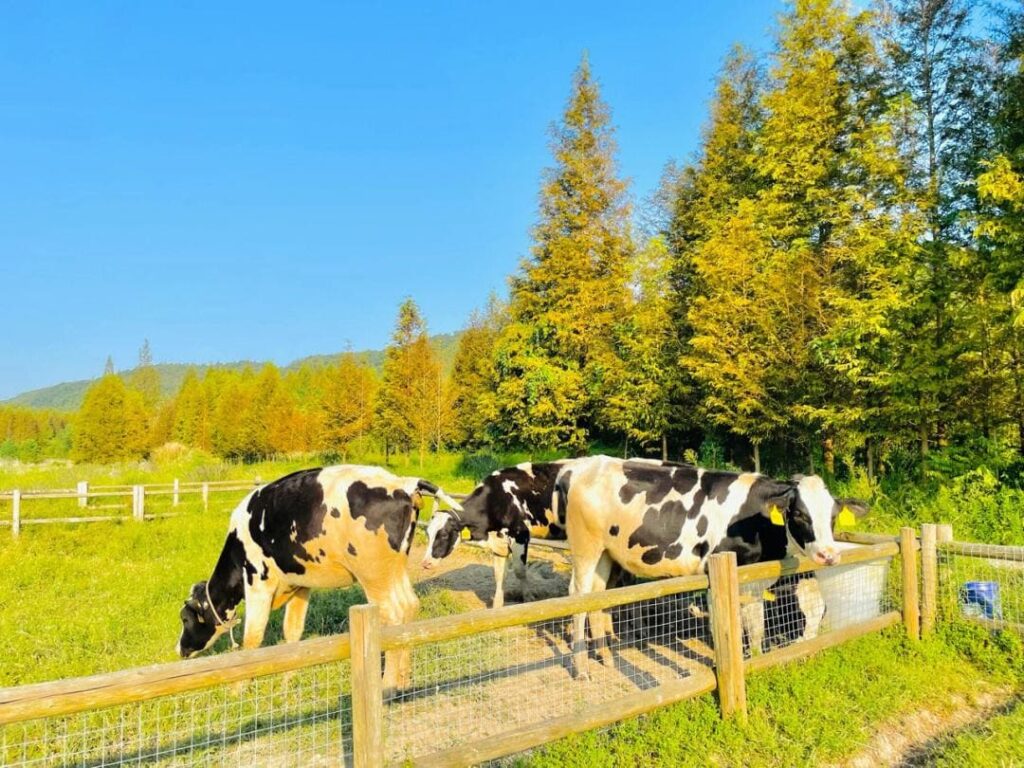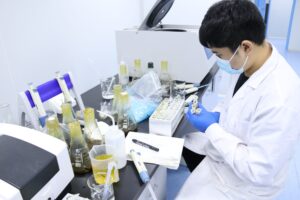As concerns about food safety, environmental impacts and animal welfare increase, the feeds farmers give their animals are coming under closer scrutiny. High-quality, natural feed additives play an important role in addressing these concerns by supporting animal health, improving productivity and ensuring food quality. High-quality additives contribute to sustainable and responsible agricultural practices.
Feed additives derived from natural ingredients and backed by research help optimize nutrition, enhance gut health and boost immunity in animals. Livestock with a balanced, digestible diet and strong immune function are less prone to disease and generally require fewer drug interventions. Healthier animals exhibit natural behavior and reach maturity at appropriate ages and sizes. Quality additives also reduce environmental impact by improving feed efficiency and manure quality.

With high-quality feed additives, your operation will have a higher quality of animal welfare, productivity and food safety. Your animals will grow at normal rates, require little medication and display sound temperament. Product quality and shelf life increase. Feed is used more efficiently with less toxic runoff. Your farm will have a greener image and face fewer regulations and social pressures. Customer confidence and sales may even improve from your sustainable practices.
To leverage the benefits of high-quality feed additives for food safety, environment and animal welfare, take these actions:
1. Source natural, research-backed feed additives from reputable companies with a proven track record of safety and efficacy. Avoid additives with toxic residues, drug interactions or questionable origins.
2. Have nutritionists determine the right feed supplements and amounts based on factors like life stage, species, health conditions, and productivity goals. Only use feed additives properly indicated for your needs.
3. Follow directions carefully based on scientific guidance. Maintain consistency and avoid over- or under-supplementing feed, which can compromise health, welfare and food safety.
4. Monitor your animals closely when transitioning to or from certain feed additives. Look for any changes in behavior, appetite, stool or productivity that may signal a need for feed adjustments.
5. Keep detailed records on feed contents, animal health metrics, productivity rates and product quality testing. This information provides accountability and helps identify any correlation between feed changes and animal or food issues.
By choosing high-quality, natural ingredients and following best practices, farmers play an active role in responsibly meeting food demands while upholding ethical values. Feed additives designed with the wellbeing of animals, environment and consumers in mind enable sustainable development of livestock agriculture and help secure its vital future. Nourish the source, and reap aharvest of safety, quality, and trust.

